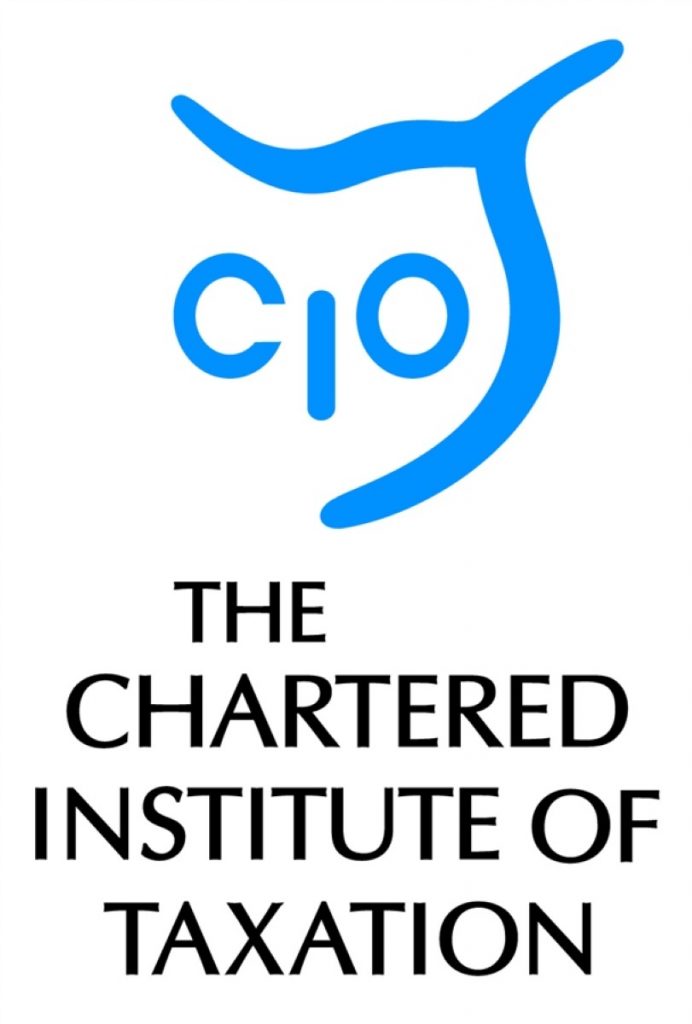CIOT: Disguised remuneration proposals need further consideration
The Chartered Institute of Taxation (CIOT) is calling on the Government to reconsider their approach to tackling attempts to avoid tax through ‘disguised remuneration’.
Today’s Budget confirmed the Government’s intention to introduce legislation to target arrangements involving third parties and which are aimed at deferring or avoiding income tax on rewards from employment or avoiding restrictions on pensions tax relief.
Colin Ben-Nathan, Chairman of the CIOT’s Employment Taxes Sub-Committee, said:
“We are disappointed that the Government has not heeded calls to reconsider the approach adopted. As things stand the proposals remain a very blunt instrument and even though changes are promised we fear they are still very likely to impact employers and employees in ways that are not intended. We urge further reflection before the final legislation is introduced.
“The proposals are moving to taxing the form (involvement of a third party) rather than the substance (reward or loan in connection with the employment) of the arrangement. There are many hard edges which will mean that the legislation will have to be read very carefully to determine whether, in all likelihood inadvertently, the new PAYE/NICs triggers have been activated.
“Ploughing through detailed legislation is inevitably going to take a lot of time and effort for agents, employers and HMRC alike, particularly for the large number of smaller, owner-managed or family businesses with relatively few other employees. Indeed, we foresee that many employers will need to approach HMRC to determine whether or not their current arrangements are affected.
“We welcome the intention of excluding, where possible, third party arrangements that do not constitute tax avoidance, e.g. arrangements involving group companies. However, we remain concerned that if discretion is left to HMRC to decide what arrangements are the right side of the line and which are not then the position will always be uncertain and subject to a change of HMRC view. In effect employers and employees will be “taxed by law, untaxed by concession” and we do not think this is the right basis on which to frame tax law for UK plc.
“As things stand, we can foresee the Finance Bill clauses being the subject of significant debate and amendment.”
Notes for editors
1. The Chartered Institute of Taxation (CIOT) is a charity and the leading professional body in the United Kingdom concerned solely with taxation. The CIOT’s primary purpose is to promote education and study of the administration and practice of taxation. One of the key aims is to achieve a better, more efficient, tax system for all affected by it – taxpayers, advisers and the authorities.
The CIOT’s comments and recommendations on tax issues are made solely in order to achieve its primary purpose: it is politically neutral in its work. The CIOT will seek to draw on its members’ experience in private practice, government, commerce and industry and academia to argue and explain how public policy objectives (to the extent that these are clearly stated or can be discerned) can most effectively be achieved.
The CIOT’s more than 15,000 members have the practising title of ‘Chartered Tax Adviser’ and the designatory letters ‘CTA’.
– ENDS –
George Crozier
External Relations Manager
D: +44 (0)20 7340 0569
M: +44 (0)7740 477374
The Chartered Institute of Taxation
Registered charity number 1037771
www.tax.org.uk
The Association of Taxation Technicians
Registered charity number 803480
Registered company number 2418331
VAT Registration Number 497 5390 90
www.att.org.uk
1st Floor, Artillery House, 11-19 Artillery Row, London SW1P 1RT





-01.png)